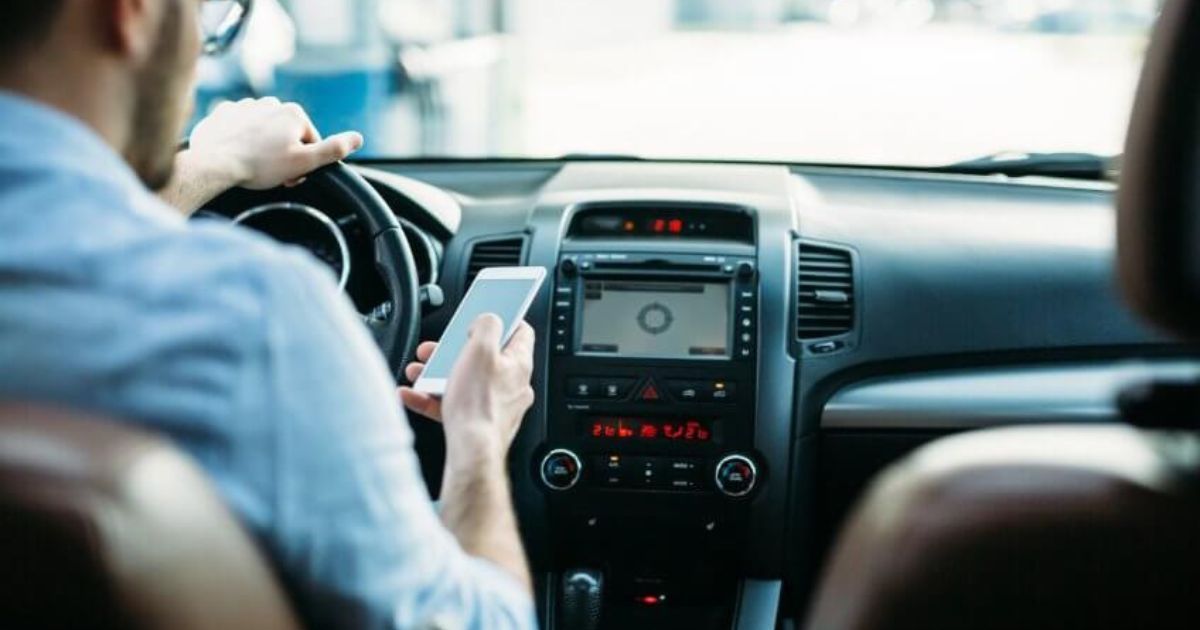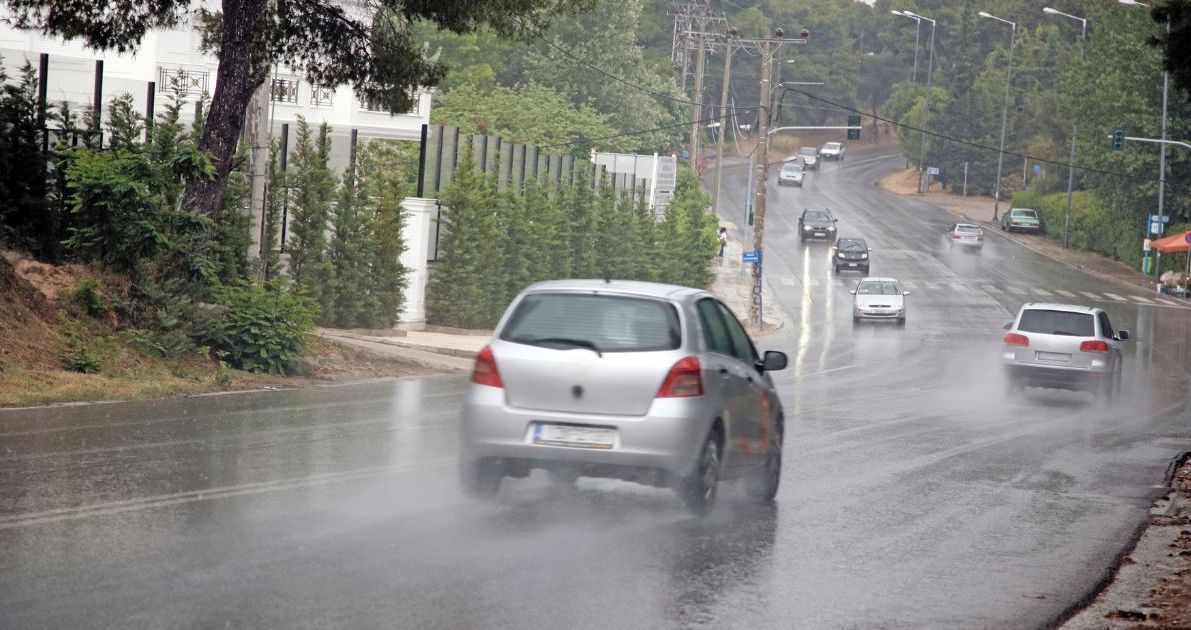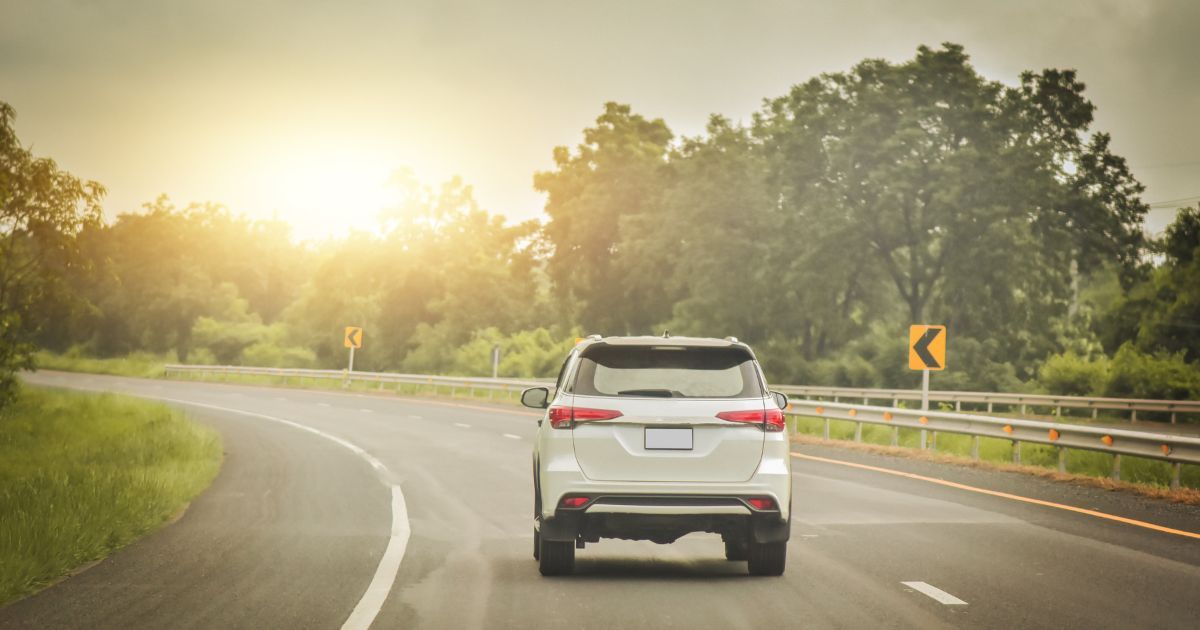Understanding Impaired Driving in Massachusetts After Marijuana Legalization
Recent Posts
- Recreational marijuana is legal for adults in MA, but driving under the influence of marijuana remains illegal under M.G.L. c.90 §24, with no specific THC limit required.
- Marijuana impairment lacks a per-se THC threshold; prosecutors use officer observations, Drug Recognition Expert (DRE) evaluations, roadside assessments, and chemical tests.
- Per Commonwealth v. Gerhardt, field sobriety tests are not scientifically valid for marijuana; officers describe observations but cannot claim “pass” or “fail.”
- Operation Under influence (OUI) convictions carry fines, probation, treatment, or incarceration; chemical test refusal triggers license suspensions (180 days to lifetime).
- 2022 Analysis of Massachusetts Fatal Crashes shows that 18% involved drivers with both alcohol and cannabis, 3% rise from pre-legalization levels.
- The RMV mandates AAA’s “Shifting Gears” program for ~50,000 new drivers annually to address marijuana-impaired driving.
Legal adult-use cannabis in Massachusetts doesn’t change a core fact: it’s illegal to drive while impaired by any intoxicating substance, including marijuana. Under the state’s OUI statute, prosecutors don’t need to prove a specific THC number. Instead, cases turn on observed impairment, evidence, and expert testimony.
What Changed (and what didn’t) after marijuana legalization in Massachusetts
- Operating Under influence (OUI) still covers drugs: Massachusetts General Laws c.90 §24 prohibits operating a vehicle while under the influence of intoxicating liquor or drugs (including marijuana). There is no per-se THC limit (unlike 0.08 for alcohol).
- “Roadside assessments” vs. alcohol FSTs: The Supreme Judicial Court in Commonwealth v. Gerhardt held that traditional field sobriety tests are not scientific proof of marijuana impairment; officers may describe observations but can’t testify that a driver “passed” or “failed” them as they would in alcohol cases. Courts refer to them as roadside assessments, with jury instructions explaining the limits.
- Since 2022 the RMV has worked on education & prevention. RMV includes AAA’s “Shifting Gears: The Blunt Truth About Marijuana and Driving” in driver education for new drivers statewide - about 50,000 students yearly.
- Policy momentum on drug detection: Lawmakers have proposed the Trooper Thomas Clardy Law to strengthen drug-impaired driving enforcement, recognizing Drug Recognition Experts, clarifying testing procedures, and consequences for refusing drug tests.
How Police and Prosecutors Prove Drug Impairment
Because there’s no breath-number for THC, prosecutors build cases using the totality of the evidence. Our team evaluates every detail, from officer observations to toxicology reports, to identify weaknesses in the prosecution’s case. See more on our Drug and Alcohol-Related Offenses page.
- Officer observations: driving behavior, demeanor, eyes, speech, odor, and admissions.
- Drug Recognition Expert (DRE) evaluations where available.
- Chemical testing: Blood or urine may show recent use, though presence of THC doesn’t necessarily mean impairment.
- Video, witness, and crash evidence, as well as medical documentation.
- Key reality: Cannabis toxicology can show presence of THC long after peak impairment, which is why officer observations and DRE evaluations are critical in Massachusetts.
Penalties & License Consequences (Massachusetts)
- Criminal exposure under c.90 §24 (OUI-alcohol or drugs, including marijuana). Penalties scale with priors and severity (fines, probation, treatment, incarceration).
- Implied consent (chemical test refusal): Administrative license suspensions run 180 days (first refusal), 3 years (second), 5 years (third), lifetime (fourth+), separate from any criminal case outcome. Read more here.
What the Data Shows Since Legalization
- A 2018 study estimated about 7% of adults self-reported driving under the influence of marijuana in the prior 30 days. A 2021 Massachusetts Department of Public Health survey found 8.2% of adults aged 21+ reported driving within three hours of cannabis use in the past 30 days.
- A 2019–2020 survey found around 14% reported driving within two hours of cannabis use in the prior year. Read more survey findings here.
- Massachusetts State Police data (2020–2022) shows cannabis-related OUI arrests comprised ~12% of total OUI arrests, with alcohol dominating at ~80%.
- A 2022 analysis of Massachusetts fatal crashes indicated 18% involved drivers with both alcohol and cannabis, a 3% rise from pre-legalization (2015–2016).
- In 2023, the Massachusetts RMV reported over 2,500 administrative license suspensions for chemical test refusals in suspected drug-related OUI cases, with 65% being first-time refusals.
- Multi-state studies show modest increases in crash injury and fatality rates (~6.5% increase in injury and 2–4% in fatal crashes after legalization).
- Polysubstance (cannabis + alcohol) involvement is rising in fatal crashes nationwide.
- Even though cannabis is legal for adults, impaired driving is not, and prosecutors don’t need a THC number to prove a case.
Practical Advice if You’re Stopped for Impared Driving
- Be polite and safe.
- Understand implied consent consequences before deciding about chemical tests.
- Don’t volunteer incriminating statements.
- Seek counsel immediately - early investigation (video, witnesses, medical records) can shape outcomes.
Talk with a Massachusetts Personal Injury Attorney
If you’ve been injured by someone operating under the influence of cannabis or other substances, Jason Ranallo Law in Dedham, MA can help. We evaluate the incident, officer’s observations, roadside assessments, DRE reports, and toxicology to build a strong case against the offender and protect your rights.
For immediate help,
Contact Jason Ranallo Law to schedule a free consultation today. To learn more about
Attorney Ranallo’s experience and philosophy, visit the About Attorney Jason Ranallo page.
Frequently Asked Questions
Is it legal to drive after using marijuana in Massachusetts?
No. While recreational marijuana is legal for adults 21+, driving under the influence of marijuana (or any intoxicating substance) is illegal under M.G.L. c.90 §24. Impairment, not just use, is what matters.
How do police determine marijuana impairment without a THC breathalyzer?
Police rely on officer observations (e.g., driving behavior, demeanor, odor), Drug Recognition Expert evaluations, roadside assessments, and chemical tests (blood/urine). Prosecutors use the totality of evidence to prove impairment.
What happens if I refuse a chemical test in a suspected marijuana OUI case?
Refusing a blood or urine test triggers an automatic license suspension under Massachusetts’ implied consent law: 180 days for a first refusal, 3 years for a second, 5 years for a third, or lifetime for a fourth or more.
Are field sobriety tests used for marijuana the same as for alcohol?
The Supreme Judicial Court (Commonwealth v. Gerhardt) ruled that field sobriety tests are not scientifically valid for proving marijuana impairment. Officers conduct “roadside assessments” and describe observations, but cannot claim you “passed” or “failed.”
What are the penalties for a marijuana-related OUI in Massachusetts?
Penalties depend on prior offenses and case severity but may include fines, probation, mandatory treatment, or incarceration. License suspensions also apply, especially for test refusals.
Can I be convicted of OUI if THC is found in my system but I wasn’t impaired?
The presence of THC alone doesn’t prove impairment, as it can remain detectable long after its psychoactive effects fade. Prosecutors must show evidence of actual impairment, such as erratic driving or DRE findings.
What should I do if I’m stopped for suspected OUI involving marijuana?
Be polite, avoid admitting to marijuana use, and understand the consequences of refusing a chemical test. Contact an experienced OUI attorney immediately to evaluate evidence and protect your rights.
How does driver education address marijuana-impaired driving?
Since 2022, Massachusetts mandates AAA’s “Shifting Gears: The Blunt Truth About Marijuana and Driving” in driver education programs, reaching approximately 50,000 new drivers each year.













